In the News

News
July 28, 2022
For Cornell alumnus Zachary Dvornicky-Raymond, a career in conservation may have been an inevitability. An animal lover for as long as he can remember, Dr. Dvornicky-Raymond recalls, “as I grew up and was attending zoos and learning more about the world, I came to realize that all of the animals that I loved and was so interested in were disappearing. So I always knew I wanted to figure out a way to help them.”

July 19, 2022
Decision-makers discussing landmark agreements on health and biodiversity must include four actions to reduce the risk of animals and people exchanging viruses.
July 15, 2022
This spring, Cornell University College of Veterinary Medicine students in the class Veterinary Practice: Public Health created a variety of communication materials explaining zoonotic diseases.
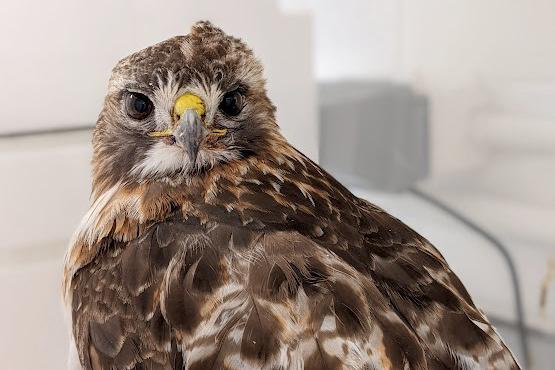
July 12, 2022
Birds of prey are in trouble, according to a recent study by Cornell researchers. Rodenticides are bad news for wildlife; poisoned rodents may not die immediately and are more likely to be eaten by raptors like red-tailed hawks, passing on the poison to them.
Video
July 05, 2022
At the end of a busy season researching how canine distemper virus affects Nepal’s tigers and leopards, Cornell Wildlife Health Center’s wild carnivore health specialist Dr. Martin Gilbert took a break to recharge his batteries with the wildlife of Bardia National Park.
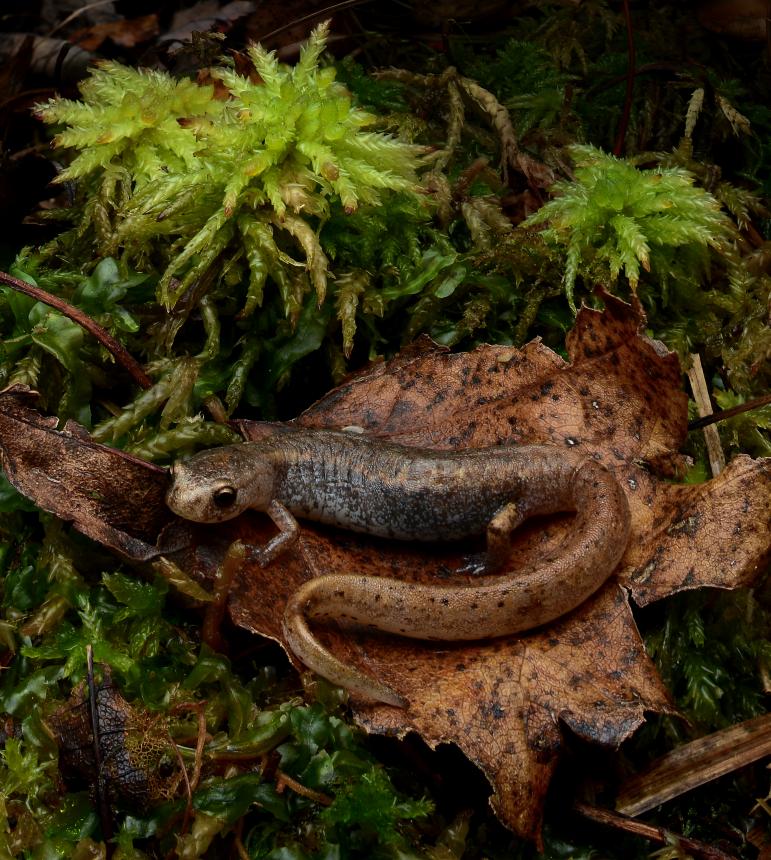
For Your Information
June 30, 2022
Successful conservation efforts for threatened species depend on accurate characterization of their distribution, habitat use, and threats. Environmental DNA (eDNA) monitoring can provide a sensitive and noninvasive alternative to traditional surveillance techniques.

June 27, 2022
West Nile virus may no longer be a death sentence to crows. In a new study from the College of Veterinary Medicine, wildlife experts describe successfully treating and releasing five American crows infected with the deadly disease, These are the first known crows to survive West Nile virus.
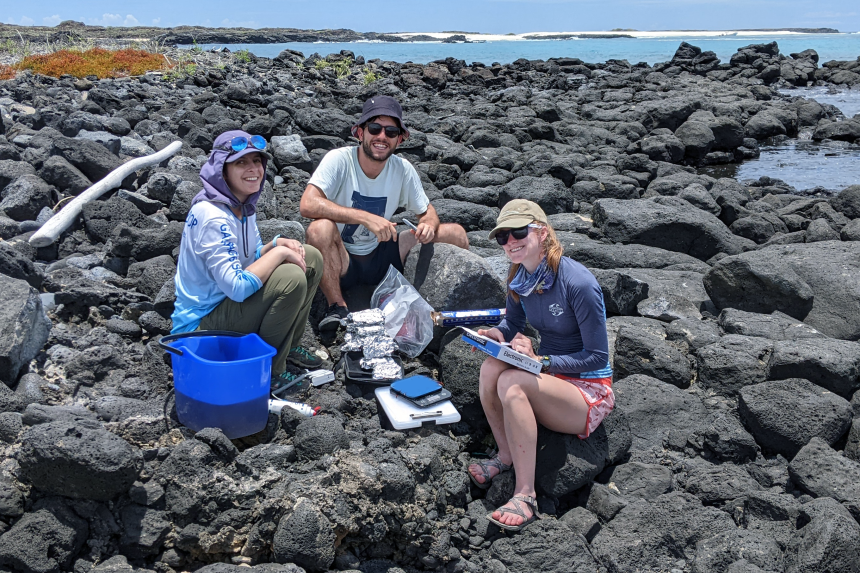
June 24, 2022
The equatorial sun is fierce and radiates off the field of lava rocks that make up the rugged shoreline. My co-investigators and I are swiftly processing twenty Sally Lightfoot crabs that were collected from the nearby rocks. For each crab we individually identify them, measure dimensions, obtain a body weight, perform a physical exam, and count a heart rate to assess their health....
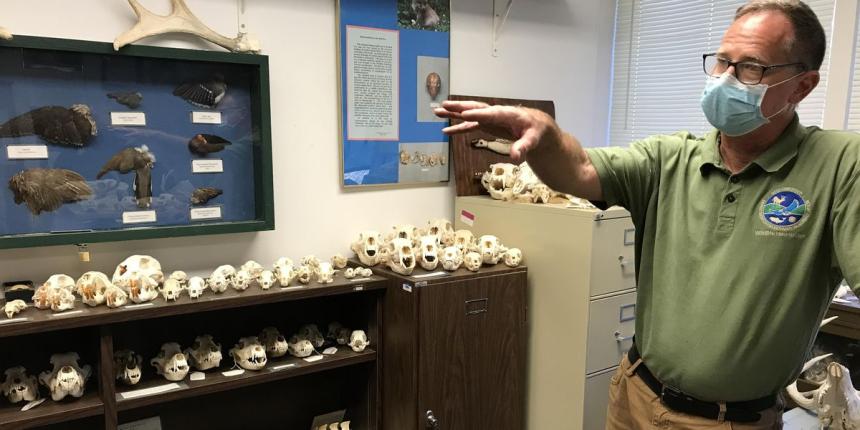
June 22, 2022
The effects of lead poisoning can vary depending on exposure, but they’re often devastating. Cornell wildlife ecologist Dr. Krysten Schuler notes that lead impacts every system in the body and that while eagles have been carefully studied, it’s likely that other animals are affected by lead poisoning too.
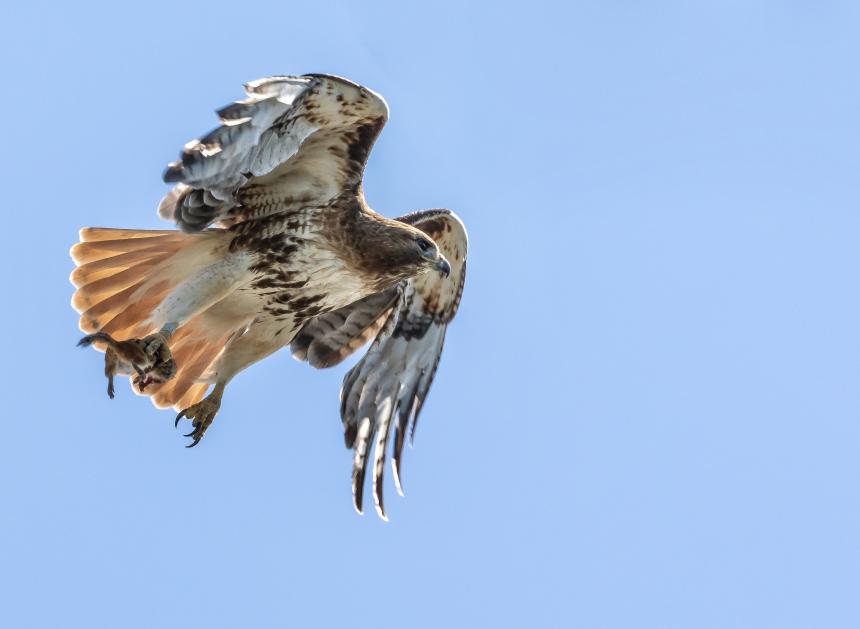
For Your Information
June 17, 2022
Anticoagulant rodenticides continue to be used across the U.S. as a method for controlling pest rodent species. As a consequence, wild birds of prey are exposed to these toxicants by eating poisoned prey items.
